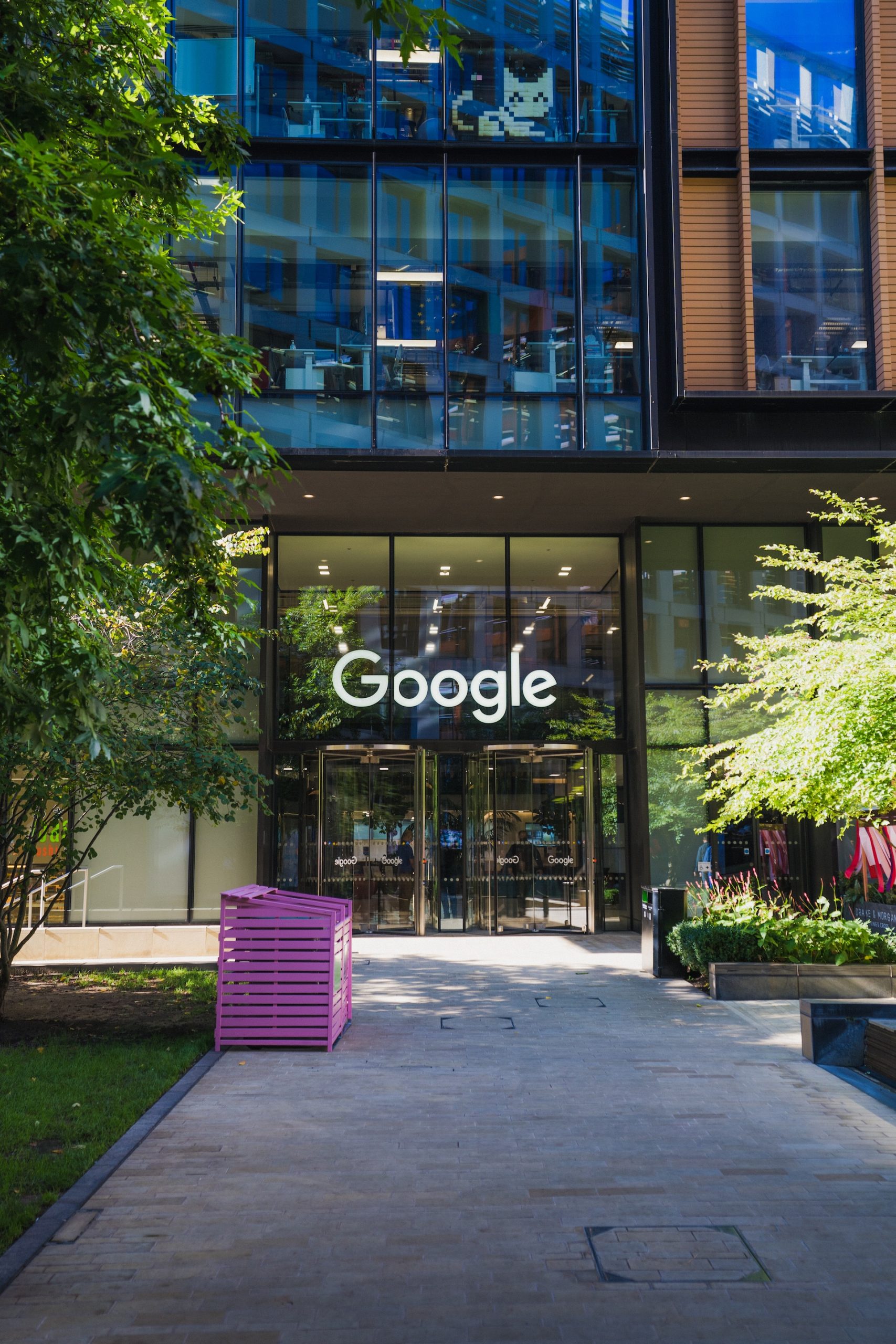In a groundbreaking development that could reshape the digital advertising landscape, Google has made a bold announcement to phase out tracking cookies for 1% of Chrome users. This move represents a significant departure from the current online tracking practices and highlights Google’s commitment to user privacy. In this article, we will delve into the details of Google’s decision, explore the implications for advertisers and users, and discuss the potential impact on the digital advertising industry as a whole.
Tracking cookies, small text files used by websites to collect data about users’ browsing habits, have long been a fundamental tool for targeted advertising. However, concerns over privacy and data security have grown in recent years, prompting Google to reevaluate its approach to online tracking. The decision to phase out tracking cookies for 1% of Chrome users is part of Google’s broader Privacy Sandbox initiative, which aims to develop privacy-focused solutions for the digital advertising ecosystem.
By phasing out tracking cookies, Google is taking a significant step towards prioritizing user privacy and data protection. This move aligns with the growing demand for greater transparency and control over personal information in the digital age. Users are becoming increasingly aware of the data collected about them and are seeking ways to safeguard their privacy. Google’s decision reflects a recognition of these evolving user expectations and a commitment to address privacy concerns head-on.
The phased approach to the implementation of this change allows Google to assess the impact on ad targeting and measurement, while also providing time for advertisers and publishers to adapt their strategies. By starting with a small percentage of users, Google can gather valuable insights and ensure a smooth transition for all parties involved. This cautious approach demonstrates Google’s commitment to balancing user privacy with the needs of the advertising industry.
For advertisers, the phase-out of tracking cookies poses both challenges and opportunities. On one hand, cookies have long been an essential tool for audience targeting and campaign measurement. The removal of cookies may disrupt established advertising practices and require advertisers to rethink their strategies. On the other hand, this shift presents an opportunity for innovation and encourages the exploration of alternative advertising techniques that prioritize privacy and user consent.
To address the concerns raised by advertisers, Google is actively working on privacy-preserving technologies that aim to provide relevant ad experiences while respecting user privacy. One such initiative is the Federated Learning of Cohorts (FLoC) system, which groups users based on their common interests rather than individual tracking. This approach allows advertisers to target audiences effectively without relying on personally identifiable information, striking a balance between ad relevance and user privacy.
While Google’s decision to phase out tracking cookies for 1% of Chrome users may seem like a small fraction, its implications reverberate throughout the digital advertising industry. Other web browsers and advertising platforms are likely to closely monitor the outcome of this move, and there is a possibility of similar measures being adopted in the future. This shift signals a broader trend towards a more privacy-centric digital ecosystem, where user consent and control over personal data are at the forefront.
As the digital advertising landscape evolves, it is crucial for advertisers and industry stakeholders to adapt to these changes. This transition presents an opportunity to explore new advertising approaches, such as contextual advertising that relies on the content of the webpage rather than individual user data. Advertisers can also focus on building trust and delivering value-driven content to foster stronger relationships with users.
In conclusion, Google’s bold move to phase out tracking cookies for 1% of Chrome users is a significant step towards enhancing user privacy and redefining the digital advertising landscape. By prioritizing user consent and control over personal data, Google is setting a new standard for online tracking practices. While this change presents challenges for advertisers, it also opens doors for innovation and encourages a shift towards more transparent and privacy-preserving advertising techniques. As the digital advertising industry adapts to these changes, the ultimate winners will be the users who can enjoy a more privacy-conscious online experience.




